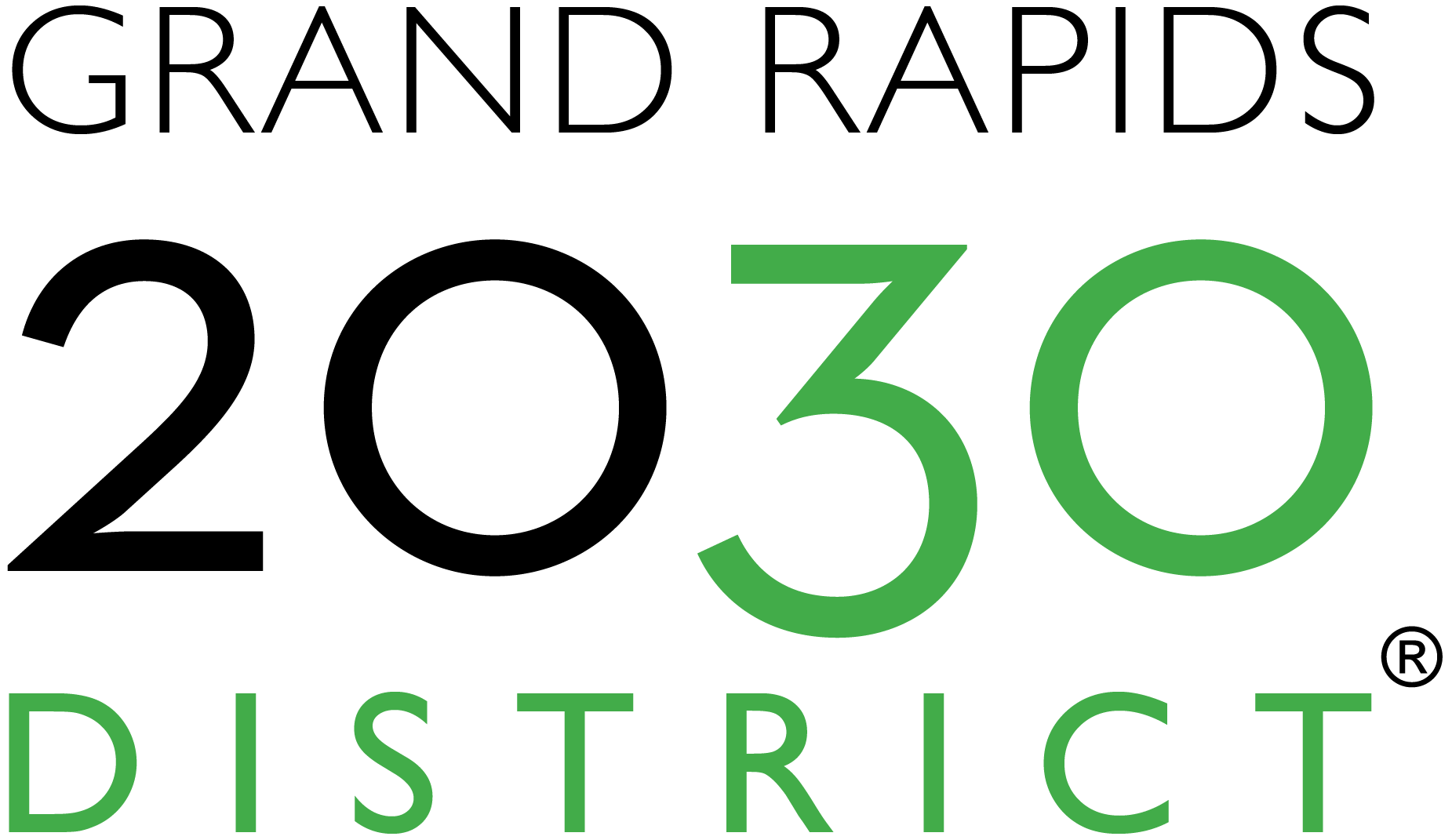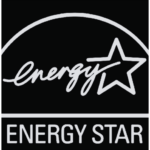What is Energy Benchmarking?
Energy benchmarking includes any fuel coming into your building, such as gas, steam, electric, etc. The most common metric used in this process is energy use intensity.
Benchmarking informs organizations about how they use energy, where they use it, and what drives their energy use. It is a key step in identifying opportunities to increase profitability by lowering energy and operating costs. For example:
-
In commercial real estate, decreasing energy costs by 30 percent is equivalent to increasing net operating income by 4 percent.
-
In the healthcare industry, each dollar that a hospital saves in energy costs is comparable to generating new revenues of $20.
-
In the supermarket retail industry, a 10 percent reduction in energy costs is equivalent to increasing sales per square foot by $70. Realizing these savings can be catalyzed through benchmarking.
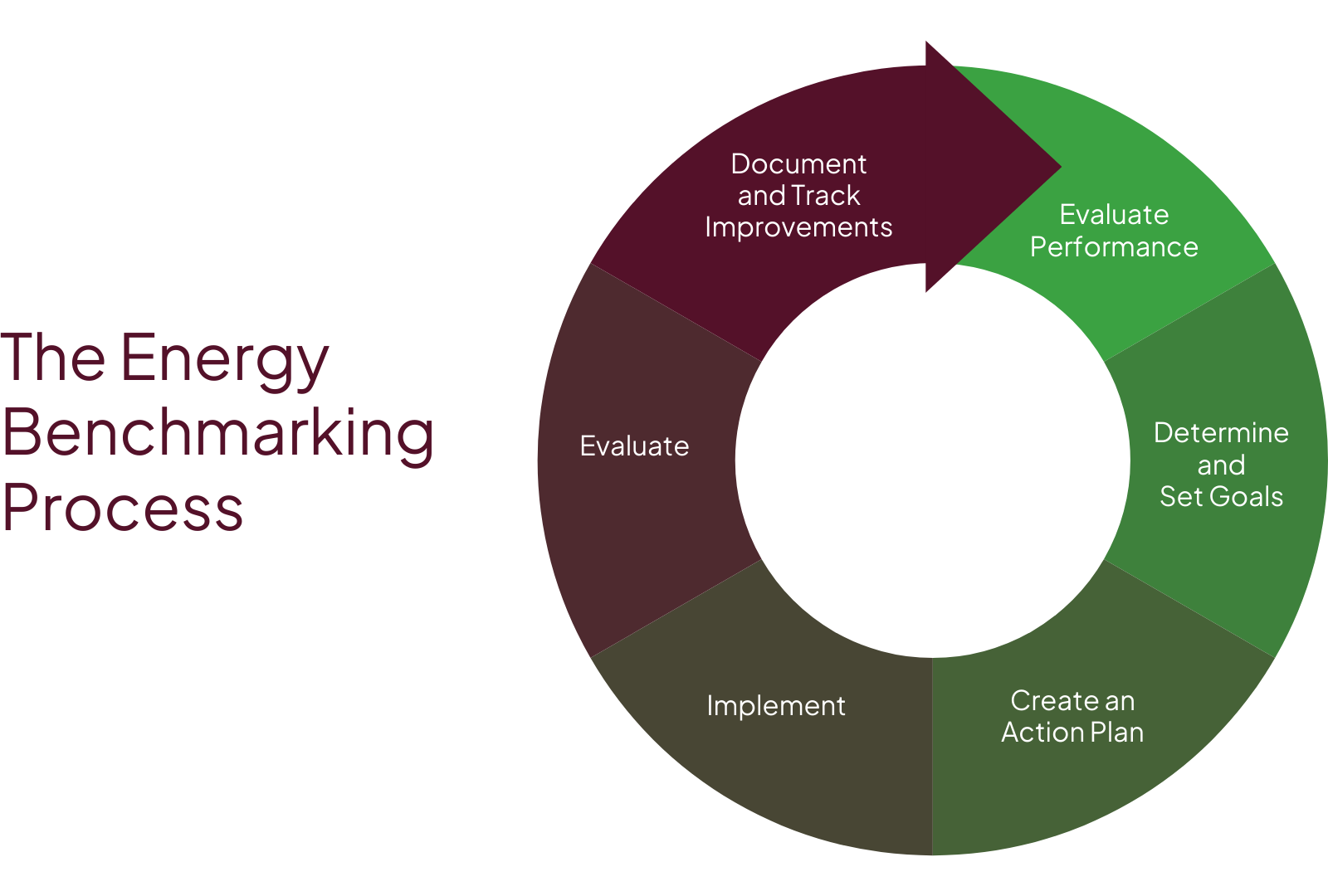
A growing number of jurisdictions in the U.S. are passing energy benchmarking and transparency policies. In the State of Michigan, energy codes set forth by the State determine minimum energy efficiency levels for commercial building systems.
Local code officials are required to enforce the state energy requirements which means that achieving energy efficiency levels beyond code is currently up to the building owner & project teams. Lowering energy usage is essential to reaching emissions goals as they are directly related.

Obtain your utility bills

Upload your data
We recommend using ENERGY STAR Portfolio Manager® It is a free tool from the Environmental Protection Agency (EPA) and allows you to enter detailed property information and all of your utility data.

Analyze your data

Need additional assistance?
If you need additional assistance benchmarking your building, the Grand Rapids 2030 District is available to help. You can also talk to energy professionals in the area who might already be working on a project with you.
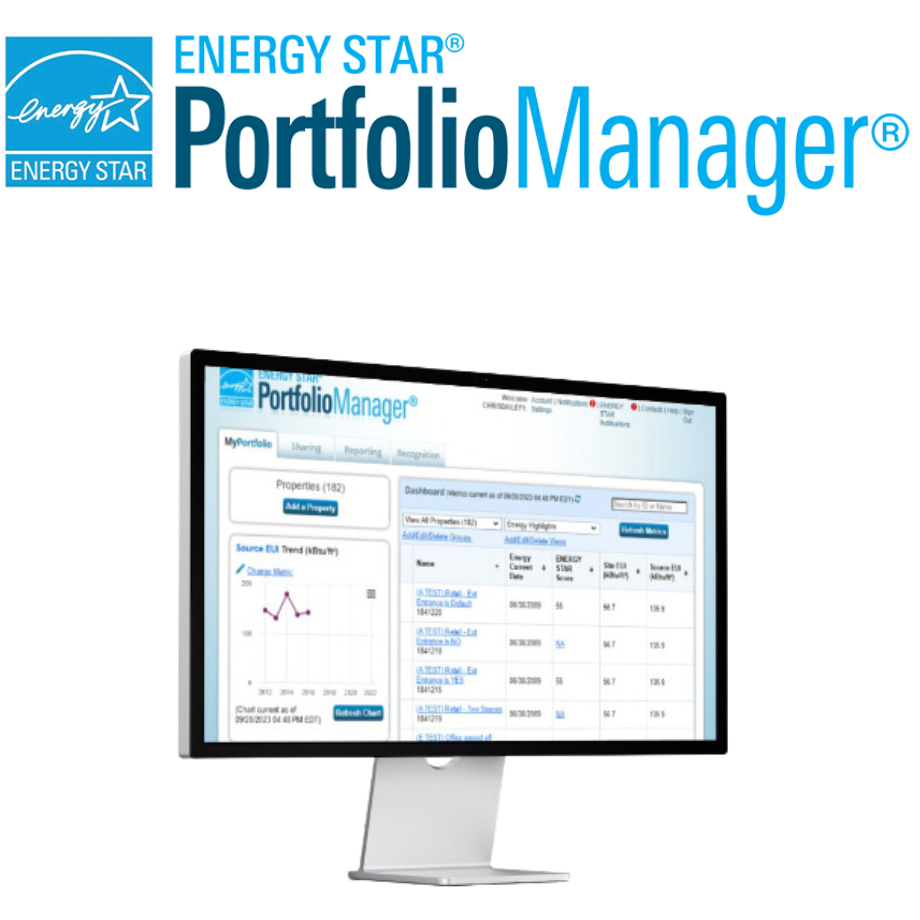
Portfolio Manager is a secure, online tool that lets you benchmark the energy use of buildings. Nearly 25% of U.S. commercial building space is already actively benchmarking in Portfolio Manager, making it the industry-leading benchmarking tool.
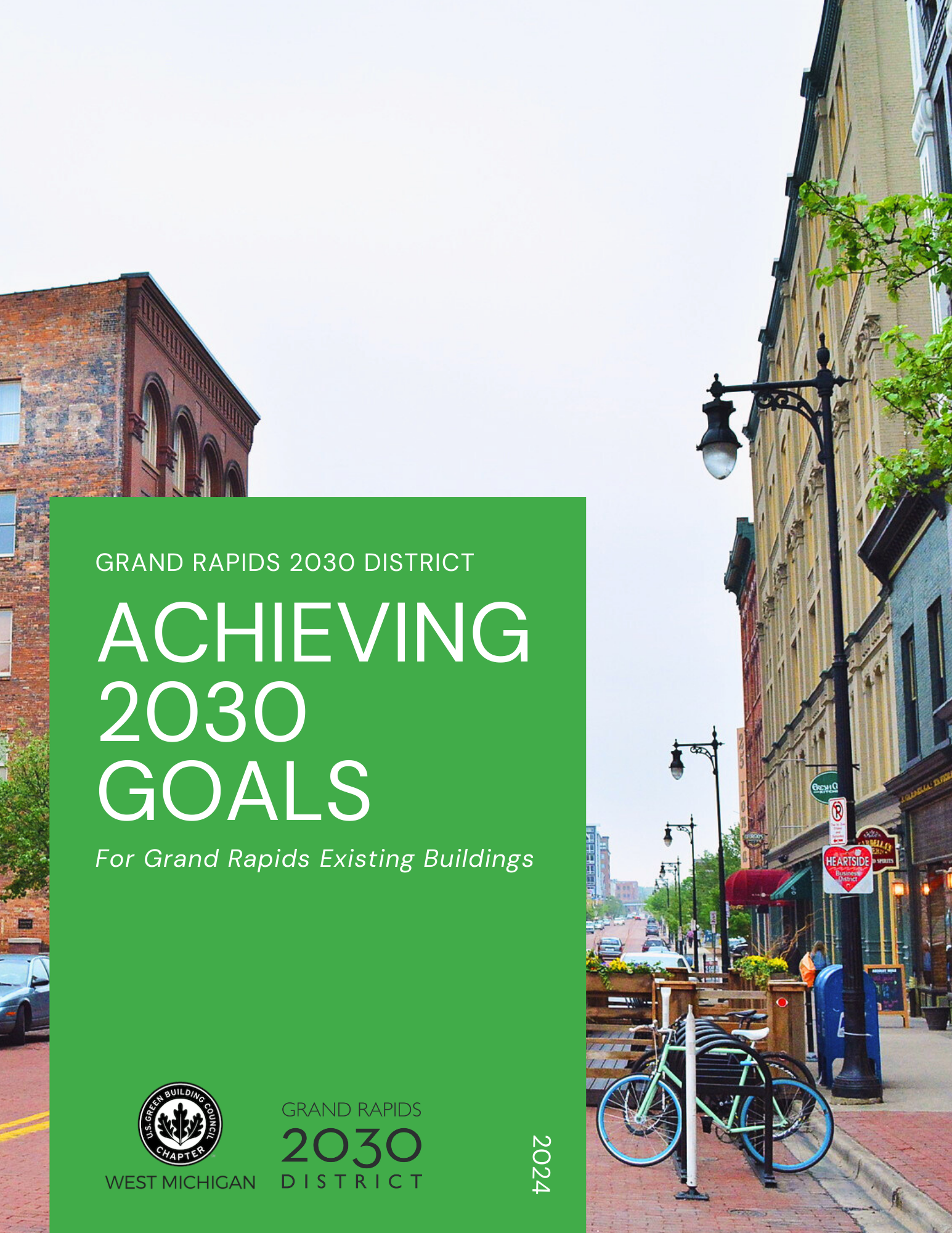
The Grand Rapids 2030 District’s Professional Partners Group (PPG) has put together an Energy and Carbon Guidebook. The group is made up of local experts and began in 2022 to help businesses and organizations in the area find ways to save energy and reduce carbon emissions.
This guidebook is meant to:
-
Act as a localized resource and equip Grand Rapids businesses and project teams to be community leaders in energy efficiency
-
Simplify the process of reducing building energy load to make renewable energy and decarbonization goals attainable
-
Support owners/projects trying to achieve emissions reduction goals
